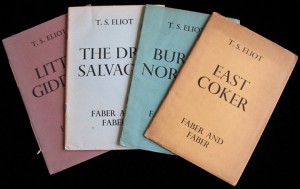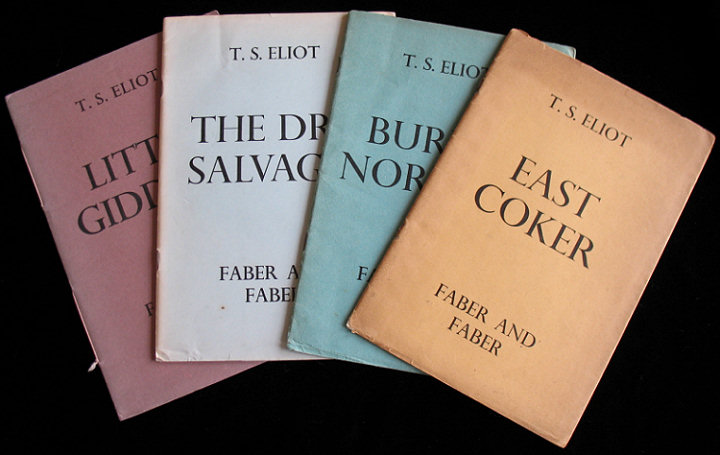June 5, 2012 by Erin
Allusion
 No story is complete without references to other works of art, right? Allusion happens to be one of my favorite literary elements, because I love to see connections. I also love to feel smart, and catching an obscure allusion to Greek poetry or whatever reassures me that I am well-read. But that’s beside the point.
No story is complete without references to other works of art, right? Allusion happens to be one of my favorite literary elements, because I love to see connections. I also love to feel smart, and catching an obscure allusion to Greek poetry or whatever reassures me that I am well-read. But that’s beside the point.
In Allusion posts, I’ll be writing about different works of art, primarily literature, that I love. Having an English degree means I’ve written about literature a lot, but I’ve always had to use academic voice and keep “critical distance.” That’s been hard for me, because I really can’t distance myself from what I’m reading. I’m excited here to just write of what I love. I thought long and hard about what to do for this first one, and I thought, what the hay, let’s start it off with a bang. So, my friends, I give you T.S. Eliot’s Four Quartets, a notoriously difficult but unspeakably beautiful series of poems.
Poetry, like music, has a way of getting inside you. It arranges words so that they are not only meaningful, but beautiful, forcing you to listen more closely. You have to chew on it a little (which is maybe why some people don’t like it). A poem you love works its way into your heart and mind, becoming part of your framework. For me, this is perhaps more true of Eliot’s Quartets than any other poetry I’ve read. I will not lie, at first read these poems seem to fall squarely in the incomprehensible category. I read lines like, “The dance along the artery/the circulation of the lymph/are figured in the drift of stars/ascend to summer in a tree …,” (“Burnt Norton” 52-55) and go, “uhhh, what?”
But really, Eliot’s language, though at times baffling, is quite fitting. He’s dealing with themes that are hard to put words to, but that we all feel the weight of — like time and eternity, the paradoxes of faith, or the slipperiness of words themselves. Eliot is a poet who struggles, and I love that (his earlier works, such as “The Hollow Men” and “The Wasteland,” reveal this struggle acutely). There are no easy answers or attempts to de-mystify. He goes straight to the heart, showing not only the depths of human despair, but the mercy of a God who, somehow, makes sense of meaninglessness. In Four Quartets he writes of beauty and redemption in a way that, for me, is haunting.
These lines from the third Quartet have become my very favorite poetic passage. I’ve read them over and over until, honestly, they’ve worked their way into my soul. I find them gripping, and I think it’s worth ending with a lengthy quote:
… But to apprehend
The point of intersection of the timeless
With time, is an occupation for the saint —
No occupation either, but something given
And taken, in a lifetime’s death in love,
Ardour and selflessness and self-surrender.
For most of us, there is only the unattended
Moment, the moment in and out of time,
The distraction fit, lost in a shaft of sunlight,
The wild thyme unseen, or the winter lightning
Or the waterfall, or music heard so deeply
That it is not heard at all, but you are the music
While the music lasts. These are only hints and guesses,
Hints followed by guesses; and the rest
Is prayer, observance, discipline, thought and action.
The hint half guessed, the gift half understood, is
Incarnation.
Here the impossible union
Of spheres of existence is actual,
Here the past and future
Are conquered, and reconciled… (“The Dry Salvages” 200-219)

Pops - June 5, 2012 @ 3:41 pm
Your words pierce the heart as gracefully as Eliots, my dear…
Erin - June 5, 2012 @ 4:29 pm
Oh my, that is undeserved. But thank you.
Mom - June 5, 2012 @ 4:27 pm
Well…reading that passage made me feel a little dumb and yet strangely inspired. :)
Erin - June 5, 2012 @ 4:28 pm
I told you, you have to live with it for a while :-)